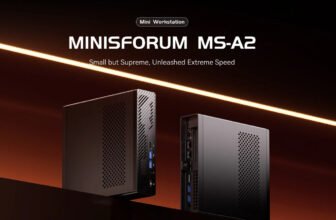Minisforum has announced the global launch of the MS-R1, an Arm-based mini workstation created to bring a new level of efficiency and accessibility to desktop Arm computing. Designed with a compact form factor and a focus on performance, the MS-R1 introduces features aimed at developers, engineers, researchers, and professionals who require reliable processing power in a smaller device. The company describes the MS-R1 as a workstation that blends computing efficiency with expandability and modern connectivity, offering a platform suitable for a wide range of workloads.
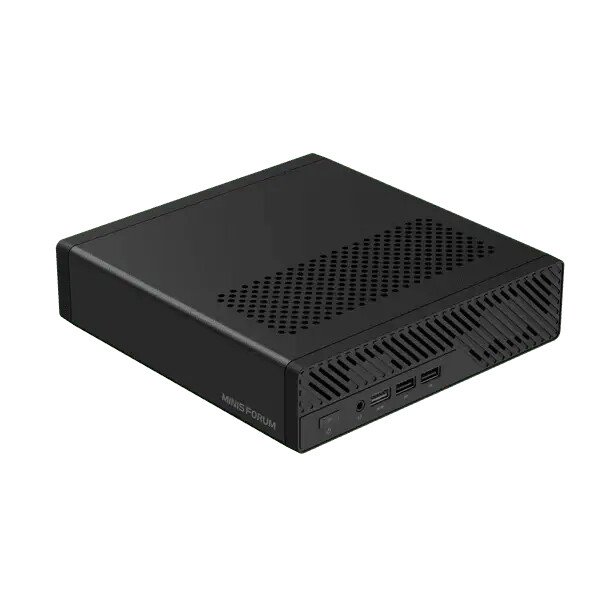
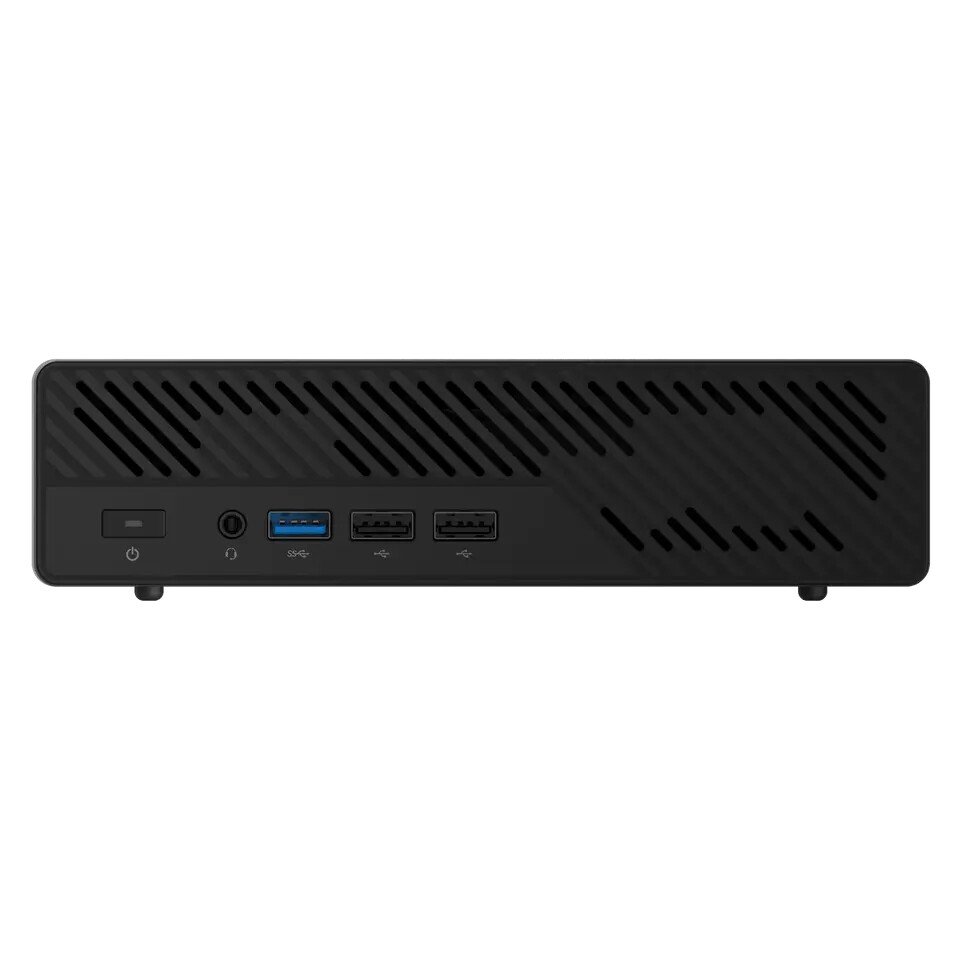
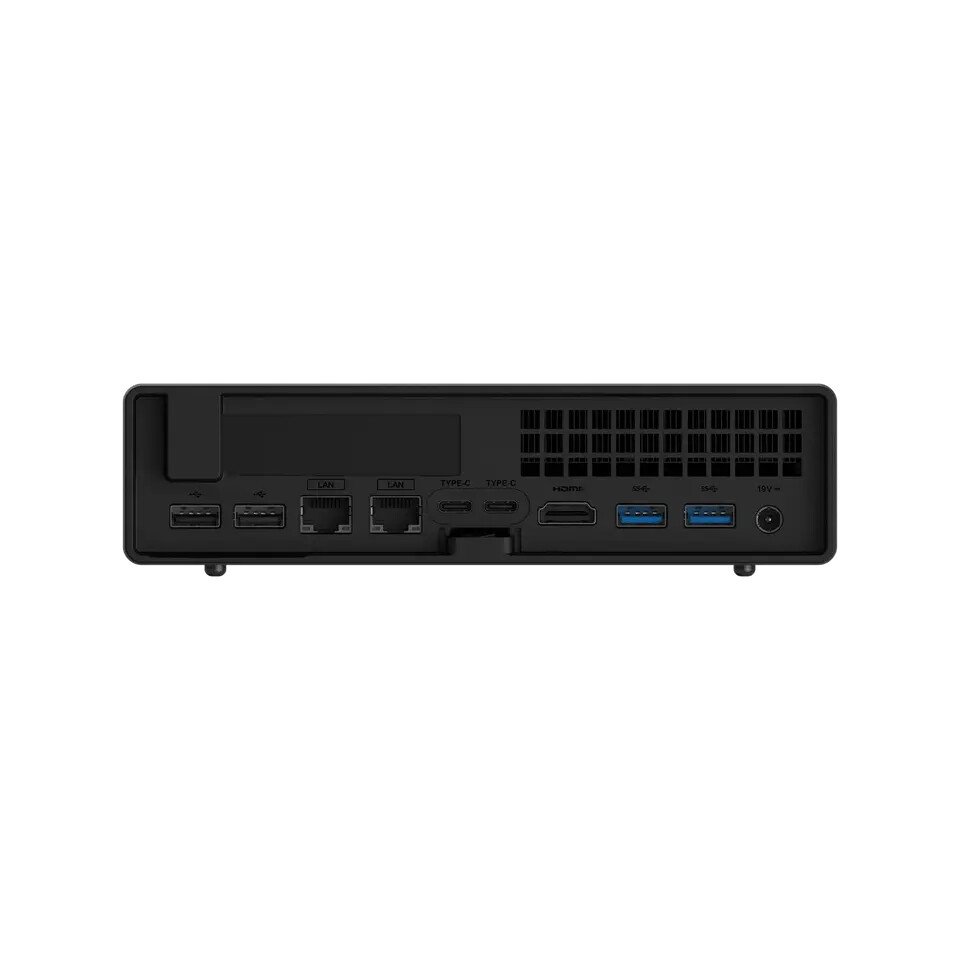
The MS-R1 is powered by the CIX CP8180 processor, a 12-core, 12-thread Arm chip built to deliver stable performance with a 28 W TDP. It provides up to 45 TOPS of AI capability, including 28.8 TOPS dedicated to NPU acceleration. This allows the system to support tasks such as inference, edge workloads, and multi-layer model processing. By offering Arm-based processing power commonly found in data center platforms, Minisforum aims to make advanced computing more accessible for desktop users working with virtualization, AI research, or development environments.
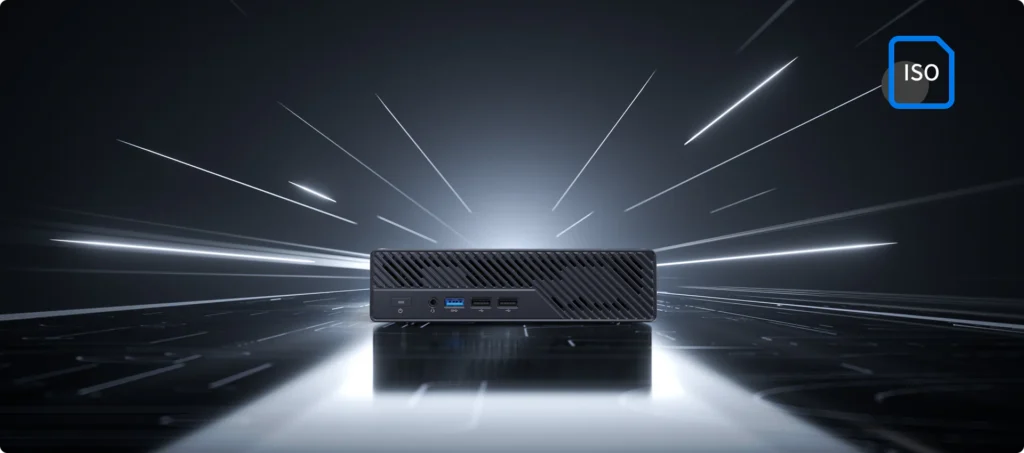
The MS-R1 brings native UEFI boot support to the Arm mini workstation segment, offering a more seamless approach to OS installation and configuration. With UEFI boot enabled, users can install Linux and other compatible operating systems directly, avoiding the need for custom firmware or manual setup steps. This greatly benefits developers handling multiple virtual machines, containers, or sandboxed environments, allowing them to prepare systems faster and maintain a cleaner, more efficient workflow.
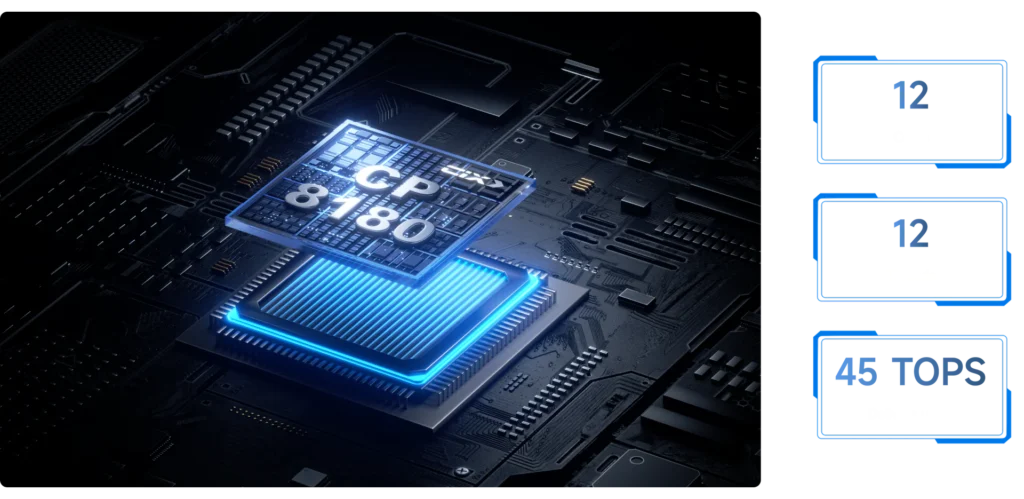
In terms of memory and storage, the MS-R1 is equipped to handle demanding workloads. It supports up to 64 GB of LPDDR5 5500 MHz memory with ECC, ensuring both speed and data reliability. This is particularly useful for workloads that depend on stability, such as simulations, predictive modeling, or continuous virtual machine operation. Storage begins with a 1 TB NVMe SSD and can be expanded up to 8 TB through PCIe 4.0 M.2 or U.2 options. This gives users flexibility in configuring their system to match their storage needs, whether for large datasets, container clusters, or development repositories.

The MS-R1 also incorporates a comprehensive set of connectivity features. It includes dual 10 GbE ports for high-speed networking, Wi-Fi 6E for improved wireless performance, and Bluetooth 5.3 for accessory support. These options allow the system to be used in both wired and wireless environments, making it suitable for remote access, local workstations, or edge deployment scenarios. The workstation’s PCIe x16 slot (with x8 bandwidth) offers expansion capabilities for users who may want to add a discrete GPU, advanced NIC, or additional storage hardware.
Despite its compact 1.7-liter form factor, the MS-R1 supports a wide range of workflows without requiring bulky or complex hardware setups. Its integrated AI performance, paired with optional external GPU acceleration, gives users the freedom to explore various computing paths. From creative workloads to enterprise-level development, the system is positioned as a flexible platform designed to grow with user needs.
Minisforum confirms that the MS-R1 will be available globally starting November 10, 2025, through the brand’s official store.






